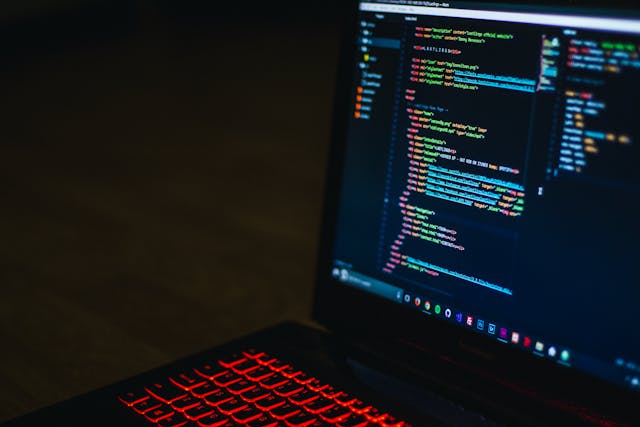- Overview
- Products
- Industries
- Services
Empowering You Through Digital Transformation
We share news, insights, analysis and research – tailored to your unique interests – to help you deepen your knowledge and impact.
The rise of advanced AI models like ChatGPT has significantly impacted technology companies in several ways. Many tech companies have started to incorporate AI models like ChatGPT into their products, such as chatbots, virtual assistants, customer service tools, and content generation platforms. There's a growing demand for customized AI solutions, prompting companies to develop AI-based applications tailored to specific industries like healthcare, finance, education, and entertainment.

The success of AI models like ChatGPT has intensified the competition among tech companies, pushing them to invest heavily in AI research and development to create more advanced models and maintain a competitive edge. New entrants leveraging AI technology can disrupt traditional business models, challenging established players and potentially reshaping industries.
The use of AI models raises concerns about data privacy and the ethical use of information, prompting tech companies to establish robust data governance frameworks and comply with regulations. Companies must address issues related to AI ethics, such as bias in AI algorithms, and ensure fairness and transparency in their AI-driven decisions.

In the era of artificial intelligence (AI), cybersecurity has become more crucial than ever. As AI technologies become increasingly integrated into various systems, industries, and daily activities, the importance and impact of cybersecurity have grown significantly. Here’s an overview of why cybersecurity is vital in the AI era and how it is impacted:
AI systems often rely on vast amounts of data, including sensitive personal, financial, and health information. Protecting this data from breaches and unauthorized access is essential to maintain privacy and trust.


AI can enhance cybersecurity by improving threat detection, response times, and anomaly detection. AI algorithms can analyze vast amounts of data to identify patterns indicative of potential security breaches, enabling quicker and more effective responses. AI enables the development of adaptive security systems that learn from each attack and improve over time. This continuous learning process helps in building robust defenses against evolving threats.

AI in the Hands of Cybercriminals, Cybercriminals can leverage AI to develop more advanced malware, automate attacks, and evade detection, making it more challenging for traditional cybersecurity measures to keep up. Attackers can use adversarial techniques to deceive AI models, potentially causing them to malfunction or make incorrect decisions, especially in critical systems like autonomous vehicles or medical diagnostics. AI models can be opaque, making it difficult to understand how decisions are made. This lack of transparency can hinder trust in AI-powered cybersecurity systems.
In the AI era, one need to analyse and take an informed decision that the benefits of AI is coming at what costs and what future threats because cybersecurity is more important than ever due to the increased complexity and sophistication of threats, as well as the expanded attack surface provided by AI technologies. While AI offers powerful tools for enhancing cybersecurity, it also introduces new risks and challenges. Therefore, organizations must adopt a proactive and comprehensive approach to cybersecurity,